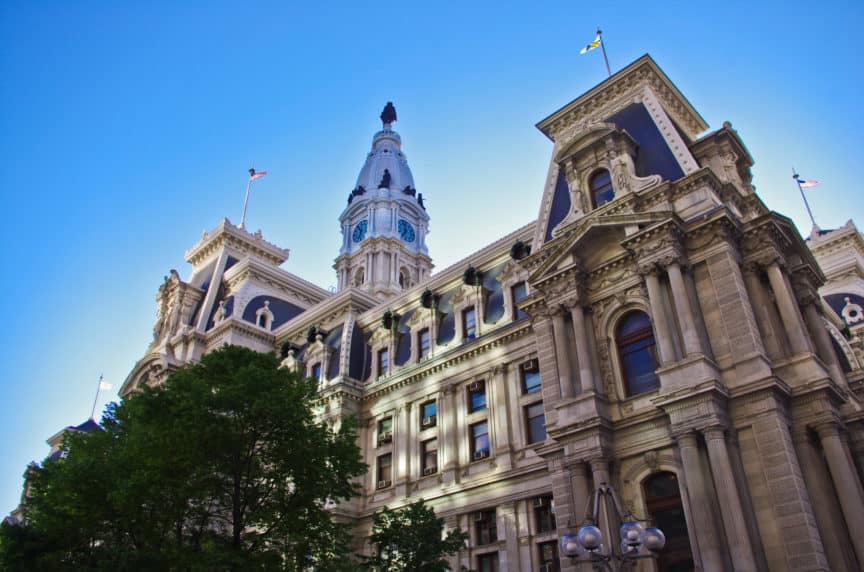PHILADELPHIA — Today, City Councilmembers Helen Gym (At-Large), Kendra Brooks (At-Large), and Jamie Gauthier (3rd District) released the following statement:
“Philadelphia’s gun violence epidemic demands a bold and concerted approach to public safety, one that takes action in communities most impacted by this crisis and establishes trust so residents feel safe in the city they call home. We know our Council colleagues share our deep commitment to public safety and ensuring every Philadelphian can live their lives free from the fear or threat of gun violence. But an effective public safety vision for Philadelphia must recognize and listen to what communities, an abundance of research, and the courts have decided: stop and frisk does not work.
“Years of research proves that stop and frisk fails to reduce crime, while spurring a disproportionately high number of negative encounters between police and Black residents. Stop and frisk is indiscriminately used in predominantly Black communities, and, as a result, Philadelphia has been under a federal consent decree since 2011 for enacting it unconstitutionally time and again. Not only are these stops made often without cause, but they are rarely successful: studies show just 1% of stops result in guns being found, while taking significant police time away from addressing urgent matters. Philadelphians made their stance on stop and frisk overwhelmingly clear in 2020, when 83% of voters supported eliminating this unconstitutional practice within our city. Grasping at failed policies of the past not only sows distrust, it hampers the community safety and violence interruption investments led by our Council body.
“For the last several years, our priority has been to focus police interactions on building trust, preventing harm, and deepening investigations. We must address pressing issues such as the 30% clearance rate for shootings. We must improve collaboration and communication between the police department, the City, the District Attorney’s office, the courts, and community leaders.
“Better policing is just one part of an effective public safety agenda. We must tightly focus our efforts on the 57 blocks, 14 zip codes, and 25 schools most impacted by gun violence. That means putting an emphasis on proven programs: violence interruption, expanded and targeted employment programs, improved public services, and quality of life improvements in neighborhoods where gun violence is tearing communities apart. We know that cleaning and greening neighborhoods has been proven to reduce crime rates by 30%, and that’s why we won $30 million additional dollars to clean and green our neighborhoods this budget — starting with neighborhoods most impacted by gun violence. We have zeroed in on at-risk individuals and are piloting a new collaborative discharge program for high-risk youth in the juvenile justice system. There’s much more that needs to be done. We are working to get recreation centers and libraries open on weekends when there are far too few opportunities for young people. We should be flooding impacted communities with resources and massively scaling up investments, mental health resources, mentorship, and programming for young people.
“We need to be aggressive and courageous in our approach to gun violence prevention, but that doesn’t mean repeating the mistakes of our past. To heal relationships, prevent future shootings, and save lives, Philadelphia must resist reverting to a failed past and employ modern, research-backed methods that will comprehensively address the gun violence crisis and move our beloved City forward.”
###


